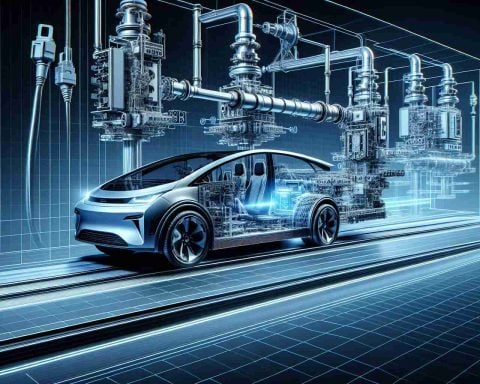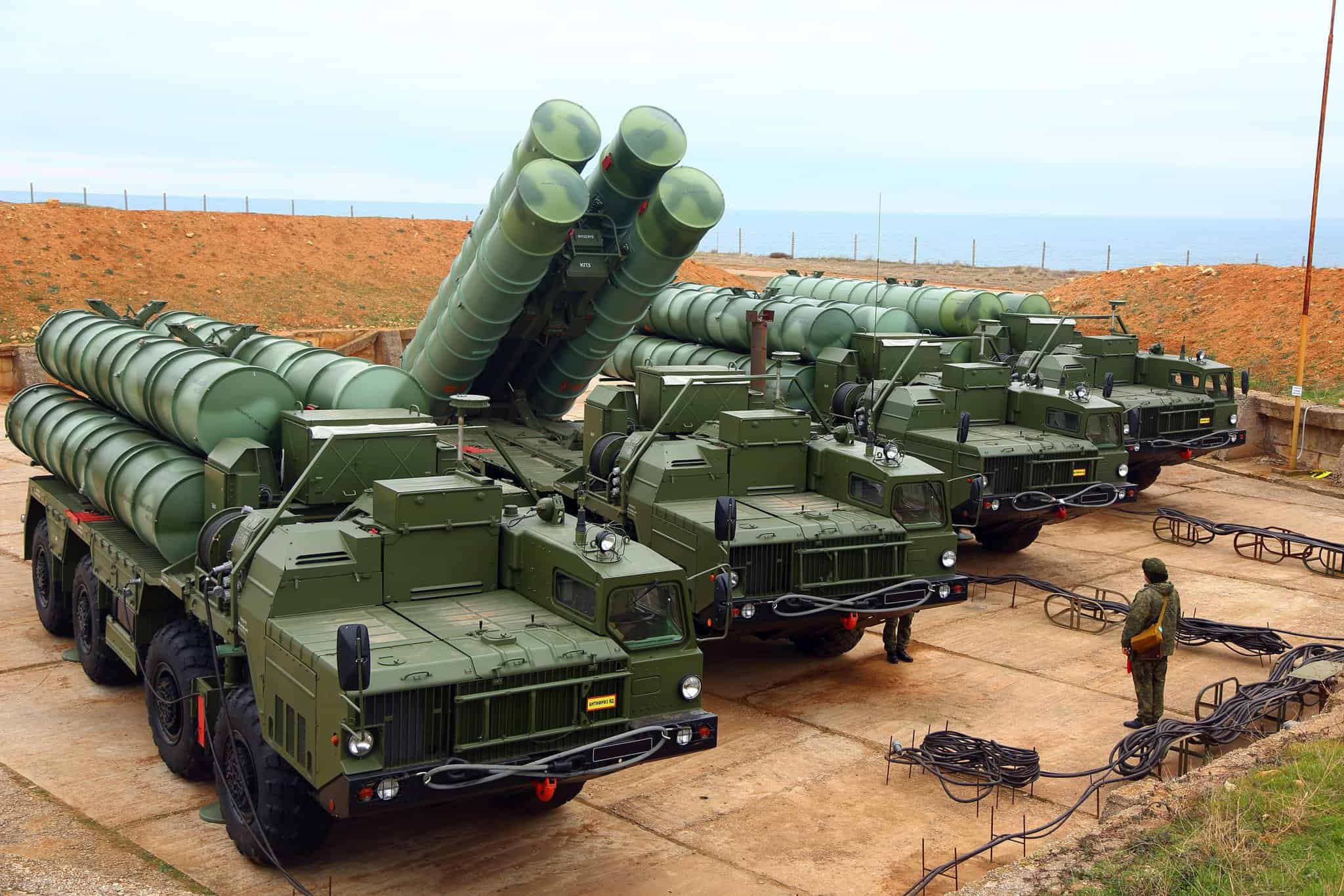The automotive industry is on the brink of a significant shift with the advent of solid-state battery technology, particularly evident in the electric vehicle (EV) sector. Nissan is positioning itself to lead this charge, especially with the anticipated release of an electric version of its iconic GT-R model.
Reports suggest that this new vehicle might feature solid-state batteries, potentially delivering performance metrics that outshine competitors like the Tesla Cybertruck. Solid-state batteries utilize solid electrolytes, which enable higher energy density compared to conventional liquid variants. Though this technology is still in its developmental stages, it harbors the potential to drastically enhance charging times and overall engine power, addressing two primary concerns of potential EV buyers.
Furthermore, the environmental implications of sourcing traditional battery materials like lithium cast a long shadow over current practices. Solid-state batteries could mitigate this issue by employing alternative materials that are more sustainable and have a lesser ecological footprint, as highlighted by Energy Monitor.
Nissan’s leadership recognizes the value of solid-state technology, particularly for high-performance vehicles. Experts note that the higher efficiency and compact design of solid-state batteries make them a perfect fit for sports cars. With the prospect of a breakthrough in solid-state technology on the horizon, Nissan and other manufacturers may soon be able to usher in a new era of electric driving experiences.
Revolutionizing Transportation: The Impact of Solid-State Batteries on Society
As the automotive industry embraces solid-state battery technology, the effects ripple beyond just the realm of vehicles, affecting individuals, communities, and entire nations. This groundbreaking innovation promises to redefine not only how we drive but also the ecological, economic, and social landscapes of modern society.
Enhanced Driving Experience and Performance
With solid-state batteries, the driving experience is set to undergo a transformation. These batteries can deliver significantly higher energy densities, which means electric vehicles (EVs) will be able to travel greater distances on a single charge. This advancement addresses a critical concern for potential EV buyers: range anxiety. As a result, more consumers may opt for electric vehicles, leading to a shift in consumer preferences and potentially reducing reliance on fossil fuels.
Moreover, manufacturers like Nissan are spearheading this change by integrating solid-state batteries into high-performance vehicles. The anticipated electric GT-R could not only rival traditional supercars but also elevate the entire perception of electric mobility. Such advancements can invigorate local economies and encourage technological innovation, with communities rallying around this new era of green transportation.
Environmental Implications
The environmental impact of solid-state batteries cannot be ignored. Traditional lithium-ion batteries depend on materials like lithium, cobalt, and nickel—resources that not only deplete quickly but are also often mined under questionable ethical and environmental conditions. In contrast, solid-state technologies are exploring more sustainable alternatives, potentially leading to a lower ecological footprint.
Regions that have borne the brunt of mining operations may find relief as the demand for traditional battery materials wanes. This could lead to a decrease in environmental degradation, promoting healthier ecosystems and communities. As nations strive to meet ambitious climate targets, the adoption of solid-state batteries could significantly contribute to achieving these goals.
Economic and Geopolitical Shifts
The transition to solid-state battery technology also has profound economic implications. Countries that are early adopters of this technology may position themselves as leaders in the global EV market. Investments in research and development could create jobs and stimulate economic growth. In particular, regions focused on innovation may attract global talent and investment, enhancing their competitive edge.
However, this transition does not come without controversy. Nations reliant on the lithium industry may face economic challenges as the demand for these resources fluctuates. Environmental groups advocate for sustainable practices while addressing socioeconomic impacts on communities dependent on traditional mining. The balance between progress and preserving livelihoods remains a contentious issue, invoking debates on trade-offs and ethical responsibilities.
Community Health and Social Transformations
The rise of electric vehicles powered by solid-state batteries could also improve air quality in urban areas. Fewer emissions from traditional gasoline and diesel engines mean cleaner air, translating to better public health outcomes, especially for vulnerable populations. This shift can encourage community transformations, fostering the development of greener, more walkable cities where public transport and electric vehicles coexist harmoniously.
Furthermore, as electric vehicles become more prevalent, the landscape of urban planning will evolve. Cities may adapt by investing in charging infrastructure and promoting a shift in public behavior toward more sustainable transport options, leading to an overall cultural change in how communities approach mobility.
In conclusion, the advent of solid-state battery technology carries far-reaching implications that touch on ecological health, economic vitality, and social equity. As the industry progresses, it is crucial for all stakeholders—governments, manufacturers, communities, and environmental advocates—to engage in constructive dialogues that ensure the benefits of this technology are equitably distributed and that the transition leads to a sustainable future.
For further information on advancements in battery technology, visit Energy Monitor.
















